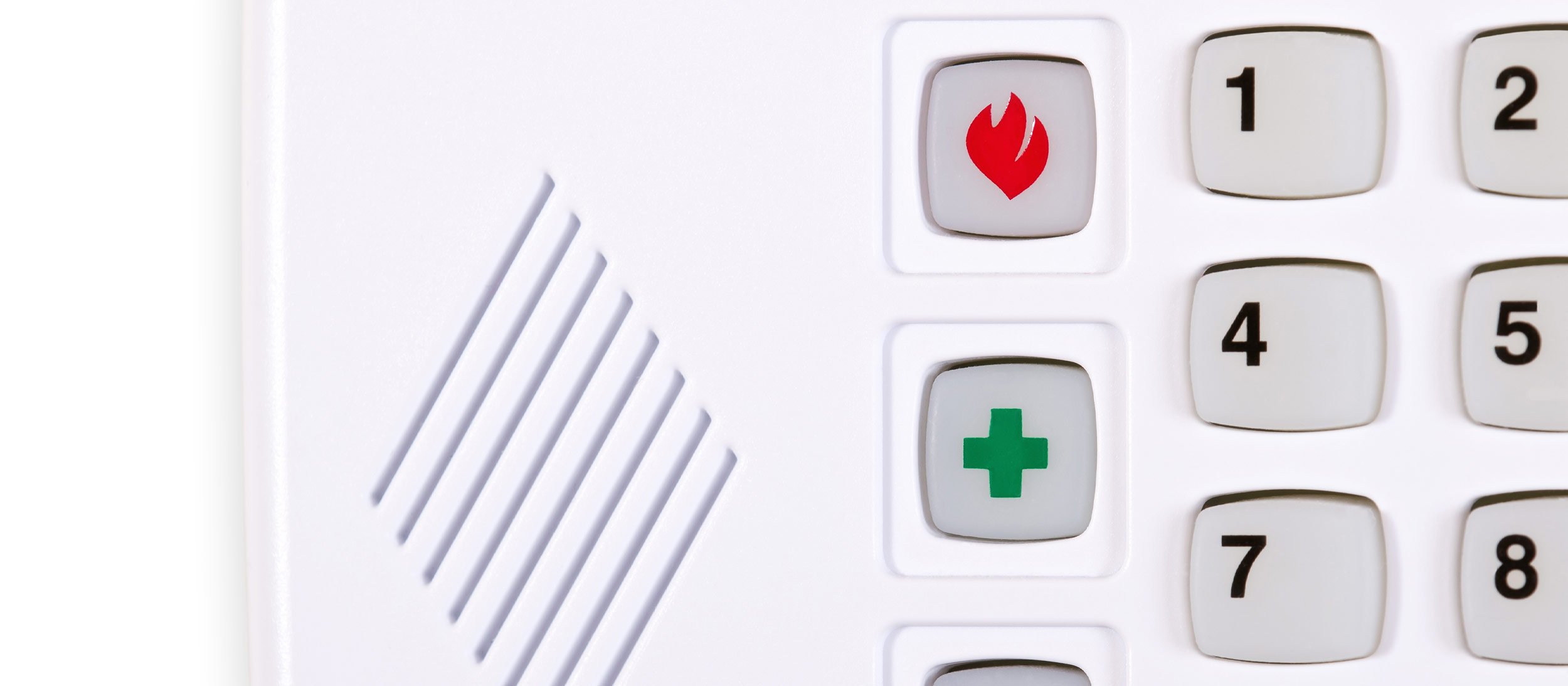Claim Center
We're in the business of helping people, providing prompt and personal claims service when you need us the most.
Call 877-242-2544 anytime, day or night, to report claims. You may also contact your independent agent to report a claim.
- Personal & Business ClaimsLearn More
- Life ClaimsLearn More
- Workers' Compensation ClaimsLearn More
Plan & Protect
Reduce risks and enjoy peace of mind with these tips and insights to protect what matters most.
Benefits of a Monitored Fire Alarm System

In case of a fire, a monitored alarm system can provide extra support.
Battery powered smoke detectors can help save lives and protect property, and every home should have them. Additionally, a centrally monitored fire alarm system can offer added protection and benefits. The equipment can be surprisingly affordable and effective, and the monthly monitoring fee can be worth the expense for peace of mind.
Benefits from an Alarm System
These alarms are monitored by a central station that is manned 24/7. If an alarm is triggered the central station will notify the homeowner and, if necessary, the fire department
- Faster response time from authorities
- Notification of events when away from your home
- Possibility of lower insurance premiums
Two Types of Alarm Systems
When determining the type of system to use in your house, it’s important to know the pros and cons of each.
Hard-wired system
Offers greater reliability but tends to be more expensive and difficult to install. The main control panel is usually located in a basement or closet.
Wireless system
Provides all the benefits of a hard-wired system without the difficulty of installing electrical conductors throughout your home. The disadvantages of a wireless system include maintaining batteries in all peripheral devices, frequency interference, and accessibility to vital equipment by intruders.
Things to Consider when Adding a Monitored Alarm System
- Have your system installed by a state-licensed contractor. Improper installation is a more common problem than equipment failure, so it’s important to make sure it’s done right.
- During installation, be sure to follow your local fire and building codes. If wired-in smoke alarms are required, be sure to include that feature.
- Do you plan to disconnect your landline phone service in the future? Be sure to discuss this with your alarm monitoring service to make sure you have a wireless backup system in place.
- There’s no need to enter a code to activate or deactivate the system. The fire alarm is constantly connected to the central station.
- Fire and burglar alarms are the most common installations, but for an additional cost consider adding carbon monoxide detectors, water leak sensors and low temperature monitoring devices. Motion detectors, exterior cameras, remote access and light controls are added bonuses that may also incur added costs.
Your independent agent may be able to direct you to central station alarm installers in your area and can help answer questions about how it may impact your insurance premiums.
This loss control information is advisory only. The author assumes no responsibility for management or control of loss control activities. Not all exposures are identified in this article. Contact your local, independent insurance agent for coverage advice and policy service.